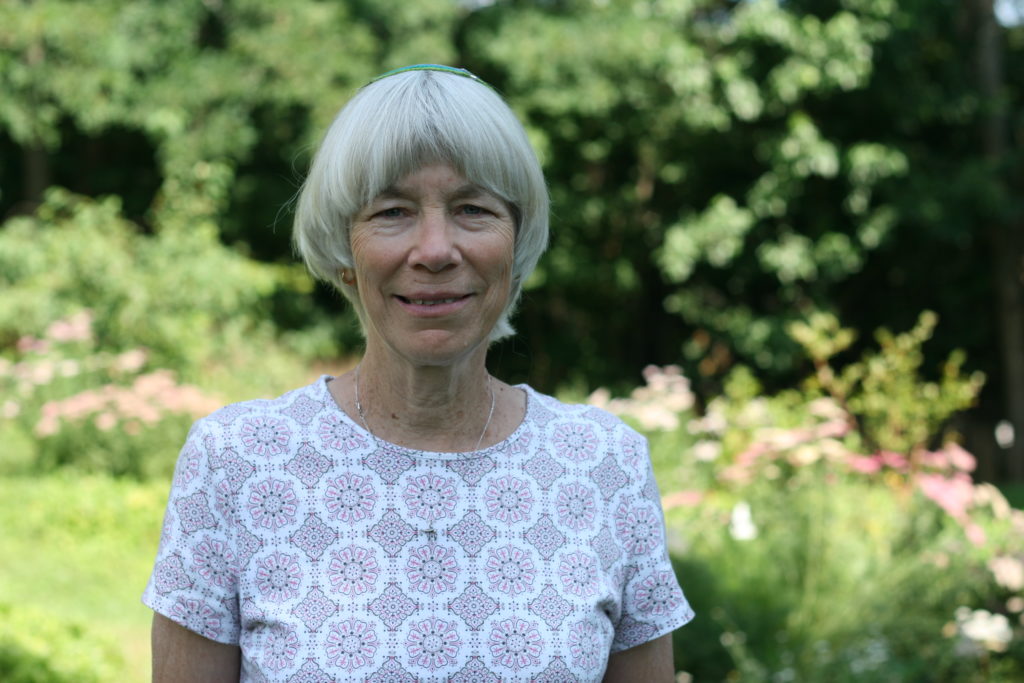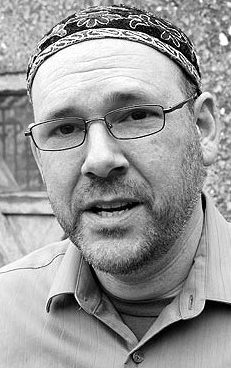Environment, Climate, and Animal Rights

Elijah’s Covenant Between the Generations
Commentary for Shabbat HaChodesh and Shabbat HaGadol This coming Shabbat is Rosh Chodesh Nissan, which means the clock is ticking for Pesach’s arrival. The following Shabbat, we will read as Haftarah the very last passage of the last of the classical Hebrew Prophets: Chapter 3 of “Malachi.” We name the day “Shabbat Hagadol” – referring...
more

Encountering Nature Demands Responsibility (Parshat Yitro)
Commentary for Parshat Yitro (Exodus 18:1 – 20:23 ) and Tu BiShvat “Keep close to Nature’s heart… and break clear away, once in awhile, and climb a mountain or spend a week in the woods. Wash your spirit clean.” — John Muir One of my ideological inspirations, John Muir, was one of the world’s most...
more

All God’s Creatures Great and Small (Parshat Noach)
The dominion over animals given to humans in Genesis 1:27, compared with the rabbis’ notion that humans were created equal to the rest of creation, is an example of God’s and our own ambivalence about being the stewards of every other plant and animal species. Noah’s care of the animals, taken in light of permission to eat them, seems to suggest that he owns them and can do what he wants with them. We, like God and our Sages, seem also to be ambivalent about our role as stewards of the rest of creation.
more

Poor People’s Campaign Resources
From May 14-June 22, 2018, the Poor People’s Campaign: A National Call for Moral Revival launched 40 days of “nonviolent moral fusion direct action,” calling on our country to change course on the deep moral crises that threaten our democracy and our survival. T’ruah supported the campaign in a variety of ways, including by publishing...
more

Yitro the Activist
In the grand scheme of things, Yitro is actually a pretty minor biblical character. His name is only mentioned 12 times in the entirety of the Torah. Yet for someone as minor as he is, he’s got quite the midrashic backstory. The midrash (Devarim Rabbah 1:5, Kohelet Rabbah 3:11, and elsewhere) states that Yitro sampled all of the...
more

“What Is That In Your Hand?”
Alone in the desert, a comfortable Moses is shepherding his flock when he is captivated by flames burning in the distance. Approaching with caution, the Torah tells us that Moses simply cannot turn away from the burning bush. As he moves closer and closer, God calls out to him, and he responds with a single...
more

True Shalom for Planet Earth
“‘Shalom! Shalom!’ (They say.) But there is no Shalom.” (Jeremiah 6:14) The prophet Jeremiah lambasted the leaders of Jerusalem for declaring that everything was well and for making light of the very real dangers he perceived. Of course, they didn’t listen. The role of prophet seems designed for frustration. A prophet (1) calls out foreseeable disaster;...
more

Doubled Justice, Single Planet
“Justice, justice you shall pursue.” (Deut.16:20) Perhaps no words from Torah are more famous, or more fully express the fundamental passion of Judaism for justice – justice for the poor, the widow, the orphan – for all those whom society might otherwise reject. Justice is even considered “more acceptable to the Lord than sacrifice” (Prov....
more

Promises Broken, Promises Kept
In Parshat Vayera, we are reminded of the crucial role water plays in the life of all human communities. In Genesis 21, we read about the banishment of Hagar and Yishmael from their home, and how God revealed a well of water in Hagar’s moment of despair. Immediately following this, the Torah describes a negotiation...
more

Consuming With Kedusha
With this week’s parashah, Vayikra, we enter the culturally foreign world of Leviticus. It’s hard to resist the impulse to tune out. Vayikra takes us into a thicket of rituals and laws about animal sacrifices, skin diseases, moldy eruptions, purity status, and . . . have I lost you? Wait! With a little cultural translation,...
more
